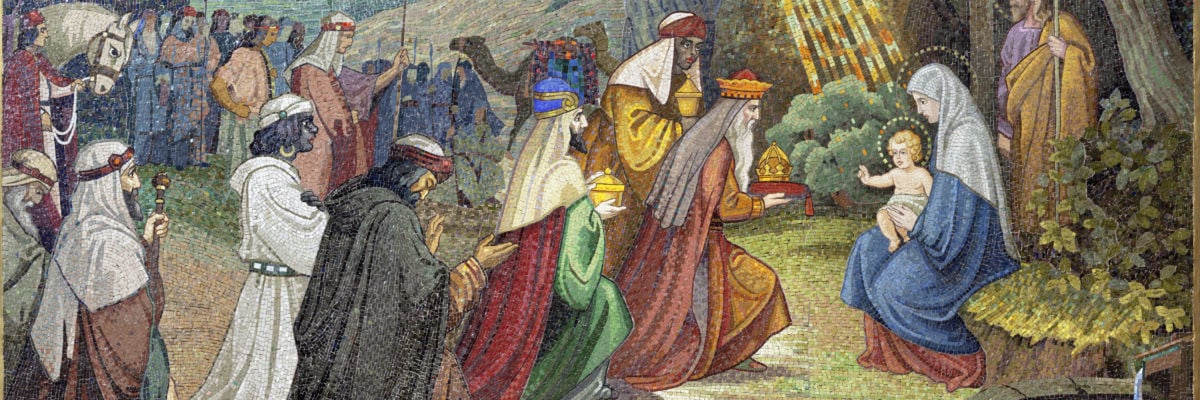
Luke and Matthew‘s gospels seem to contradict each other on whether or not the magi came to Jesus‘ birth. Trent Horn breaks down the story of the magi and explains why this isn’t a reason to discredit the gospels.
Transcript:
Some people say the nativity stories contradict each other because Luke does not mention the magi, or the wise-men, being present at Jesus’ birth whereas Matthew does. This could be a case of Matthew recording a detail that Luke omitted, but guess what: Matthew didn’t record the magi being present at Jesus’ birth either.
Matthew 2:1 says, “[W]hen Jesus was born in Bethlehem of Judea in the days of Herod the king, behold, wise men from the East came to “Jerusalem.” As we can see, Matthew never says that the Magi were present at Jesus’ birth. He only says that “in the days of Herod the king” the Magi came to Jerusalem, not Bethlehem.
By the way, Matthew never said there were three magi. That’s a pious tradition that developed later based on the three gifts of gold, frankincense, and myrrh that the magi brought Jesus. Matthew does tell us that after the Magi failed to return to Herod after visiting Jesus, Herod ordered all of Bethlehem’s male children under the age of two to be killed.
If the Magi had gone the six miles from Jerusalem to visit the newborn Jesus in Bethlehem and failed to return after a few days, then why would Herod need to kill toddlers? This implies that much more time had passed between Jesus’ birth and the Magi failing to return to Herod, thus motivating Herod’s plan to kill any child who could be the young king, who, by the time of the issuance of this decree, might have been two years old.
Matthew 2:11 says of the magi, “going into the house they saw the child with Mary his mother, and they fell down and worshiped him.” If Jesus was a toddler when the magi visited, then the Holy Family were either permanently residing in Bethlehem after Christ’s birth before they later settled in Nazareth or they were temporarily residing there, possibly with relatives, while they were away from their home in Nazareth.
Either way, the detail about the magi’s visit is not a contradiction. Instead, it is a revelation of how God was made known, or became an epiphany, not just for a few people in Israel, but for the whole world. Through this manifestation of the Incarnation all people could eventually rejoice in the birth of God their savior.
For Catholic Answers I’m Trent Horn, and thanks for watching.



